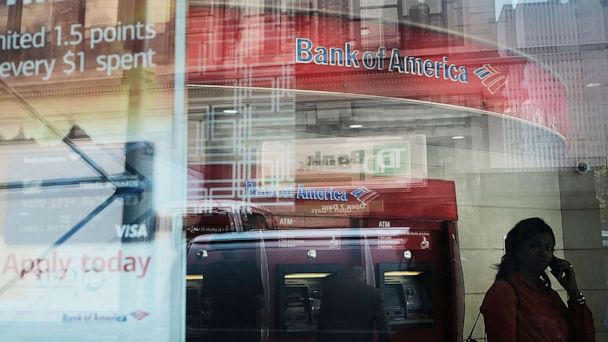hotspot

American medicine is a tragic paradox. An example: Cancer patients are likely dying as a result of drug shortages that occurred partly because generic chemotherapies have been allowed to become too cheap. At the same time, other patients are suffering, and perhaps dying, because the financial burden brought on by the expensive medicines they need is too high.
Sit with that like a terrible Zen koan: Medicines are both too cheap and too expensive.
advertisement
How is that possible? A lot of it goes back to the 1984 Hatch-Waxman Act, which set up the ecosystem that determines the process by which drugs go from being expensive brands to cheap generics in the U.S.

Unlock this article by subscribing to STAT+ and enjoy your first 30 days free!
GET STARTED Log In








